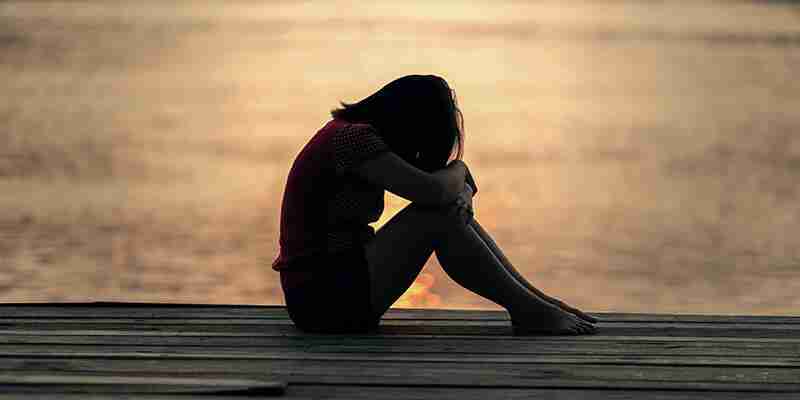Grief is something everyone will experience at some point in their life. The experience of grief can often be intense, overwhelming, and long-lasting – which is why it is important to understand what grief is, what the stages and effects are, and what we can do to cope when we are overcome by grief.
What is grief?
Grief is our natural response to the loss of someone or something. This can include the death of a loved one, the end of a relationship, the loss of pets, miscarriage or infertility, and the loss of a way of life. Other experiences include changes in employment (unemployment, retirement), diagnoses of illness, separation from friends and family, even the ending of important life chapters (e.g., children leaving home).
What are the effects of grief?
Grief is expressed in many ways and can impact various aspects of our lives, including our thoughts, feelings, behaviours, physical health, sense of identity and our relationships with others. Grief can leave us feeling sad, anxious, angry, frustrated, shocked, isolated, irritable, or numb. It is important to acknowledge that grief often has no set pattern, and that the experience of grief can vary greatly from person to person – some may grieve for days, weeks, months, while others may grieve for years.
What are the stages of grief?
You may have heard of the 5 stages of grief. This is what is known in psychology as the ‘Kübler-Ross model’, which considers the 5 most common reactions to grief and loss. Exploring these stages may help you understand and contextualise your own grieving process, and help you learn to cope with them.
Denial
For some people, this is the first response to loss. This is a common defence mechanism which helps us buffer the immediate shock of a difficult situation. Your first reaction may be to doubt the reality of the loss, not wanting to acknowledge the new stage of life you will now have to enter. View this as the temporary vehicle that carries you through the first wave of grief.
Anger
Sometimes grief takes other forms, often of anger or frustration. Feeling angry at a loss may seem counter intuitive and might take you by surprise, but it’s not uncommon. During this stage you may begin asking questions like “why me?” and “what did I do to deserve this?”, you may even feel anger toward the person or situation itself – while you know the person isn’t to blame, you may feel resentment toward them for causing you pain or leaving. It is important to remind yourself that under the anger, impatience and resentment is pain, and that this feeling is necessary for healing.
Bargaining
This is used as a way to hold onto hope in the height of pain. You may begin thinking that you are willing to do or sacrifice anything in order to restore life back to the way it was before the loss occurred. During this internal negotiation, you also may find yourself in the “what if” mindset, “what if I did XYZ”, “what if I said XYZ” – what if I could have done something to prevent the loss from happening. This sort of thinking is used as a coping mechanism to distract us from the reality of the situation, an attempt to regain control of an otherwise unmanageable situation.
Depression
In this case, depression isn’t a sign of a mental health condition, it is an appropriate response to loss. It is this stage in which we begin facing the reality of the loss, and our grief rears its head in its most natural form – understandably, this direct realisation can bring on intense despair and sadness. While this can be the most overwhelming stage, it is temporary and a necessary part of healing.
Acceptance
This stage doesn’t mean you are ‘okay’ with what has occurred, or that your grieving process done and dusted. This stage is about your acknowledgement of the loss, and how you learn to readjust your life accordingly. It is during this stage that you may feel more comfortable reaching out to your family and peers and begin opening up and reflecting on your experience.
Important points to remember!
- No one experiences grief the same, grief is deeply personal, we each have our own way of coping and responding to loss – there is no one ‘right way’ to grieve.
- The stages of grief are not hard set, you may find yourself going back and forth between stages over different periods of time, this is perfectly natural!
- Grief doesn’t resolve overnight, it takes time and patience to navigate the healing process and to adjust to the new norm.
- Grief doesn’t equal depression. The depression experienced during the grieving process will become less intense and decrease in frequency over time. If you feel you may be experiencing prolonged depressive symptoms, please book an appointment with a professional.
If you’d like to contact us about how we can help in coping with grief and loss, you can do so here.
